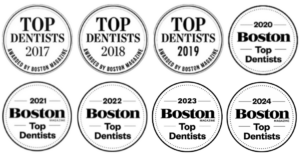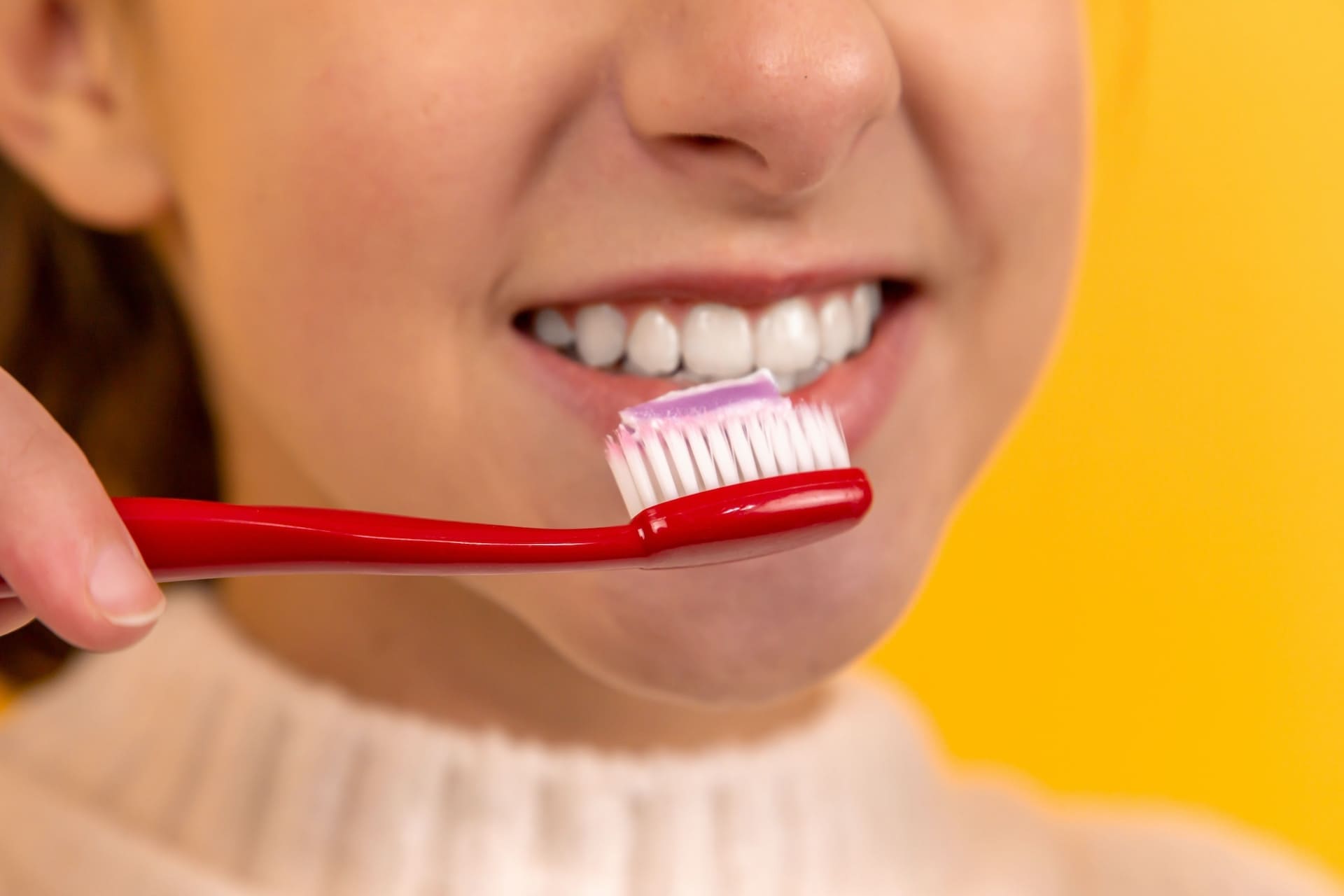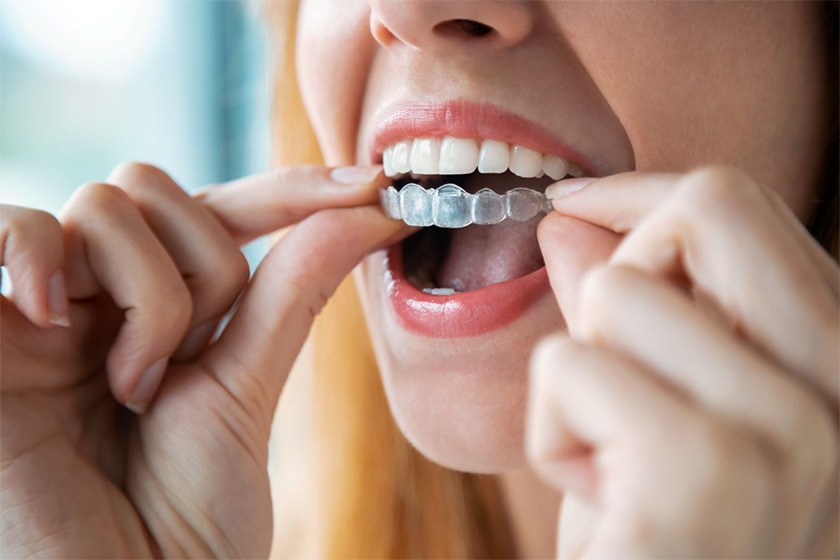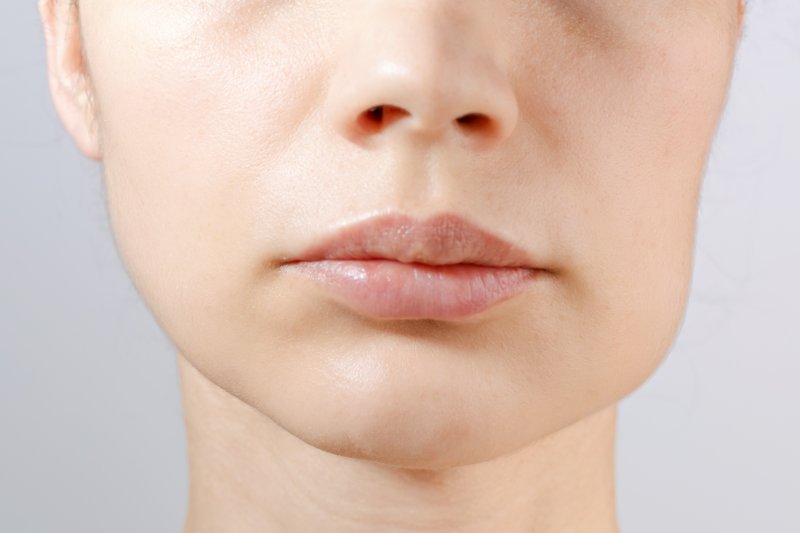Dental home care plays a vital role in maintaining a lifetime of optimal oral health, contributing significantly to your overall well-being and confidence. A strong foundation of excellent home care practices, combined with regular dental check-ups, can help prevent a myriad of dental issues and ensure a healthier, more radiant smile. Established in 1991 by Dr. Fawn Rosenberg, Lexington Smile Studio is dedicated to providing exceptional dental care and valuable patient education, guiding individuals and families towards maintaining excellent oral health in the comfort of their own homes.
Making dental hygiene a daily priority has a significant impact on not only your oral health but also your quality of life. By establishing a strong home care routine, you can effectively fight against common dental concerns, such as tooth decay and gum disease, while also improving the appearance and longevity of your teeth.
In this comprehensive guide, we will share expert tips, techniques, and best practices for mastering dental home care, ensuring you stay on track to maintaining excellent oral health throughout your lifetime. Embrace the wealth of knowledge and guidance provided by our experienced dental professionals and embark on a journey towards achieving a lifetime of radiant, healthy smiles.
A Strong Foundation: The Basic Elements of Dental Home Care
Building a solid foundation for your dental home care begins with an understanding of the essential tools and techniques necessary for maintaining a healthy smile. These basic elements include:
- Toothbrush: Choose a soft-bristled toothbrush that comfortably fits your mouth and allows you to reach all areas of your teeth easily. Replace your toothbrush every three to four months or sooner if bristles become frayed.
- Toothpaste: Select a fluoride toothpaste with the ADA (American Dental Association) Seal of Acceptance, which ensures that the toothpaste has been evaluated for safety and effectiveness in promoting oral health.
- Dental Floss: Choose a dental floss or interdental cleaner that works best for your personal needs and preferences, ensuring it effectively removes plaque from between your teeth and under the gumline.
- Mouthwash: Use a therapeutic mouthwash, preferably one with the ADA Seal, to help reduce plaque, fight cavities, and freshen your breath.
Brushing Techniques: The Key to Effectively Cleaning Your Teeth
Proper brushing technique is crucial in ensuring the cleanliness of your teeth and the prevention of dental issues. Follow these expert tips to make the most of your brushing routine:
- Position: Tilt your toothbrush at a 45-degree angle against your gumline.
- Motion: Gently brush using short circular strokes, focusing on one or two teeth at a time.
- Coverage: Make sure to cover all tooth surfaces, including the outer, inner, and chewing surfaces of your teeth.
- Duration: Aim to brush at least twice daily for approximately two minutes each session.
- Tongue Care: Don’t forget to brush your tongue to enhance your oral hygiene and combat bad breath.
Flossing Techniques: The Essential Step for Optimal Oral Health
Daily flossing is vital for maintaining healthy gums and preventing tooth decay in hard-to-reach areas. Follow these flossing techniques to keep your gums and teeth in top shape:
- Length: Use approximately 18 inches of dental floss, winding most of it around your middle fingers, leaving about an inch or two to work with.
- Grip: Hold the floss tight between your thumb and index fingers, keeping a firm grip with minimal slack.
- Technique: Gently slide the floss between your teeth using a back-and-forth motion, and curve the floss around each tooth base to ensure proper gumline cleaning.
- Clean Sections: As you move from tooth to tooth, use a clean section of floss to avoid spreading plaque or debris between teeth.
- Patience: Be gentle and patient, especially when flossing around your gums, to avoid causing damage or discomfort.
Mouthwash Use: Maximizing the Benefits for Your Oral Health
Using a therapeutic mouthwash as part of your dental home care routine can provide several benefits, including cavity prevention, plaque reduction, and fresher breath. Follow these tips to maximize the benefits of mouthwash use:
- When to Rinse: For optimal results, rinse with mouthwash after brushing and flossing.
- Timed Rinsing: Swish the mouthwash in your mouth for the instructed duration (usually 30 seconds to a minute) to ensure proper exposure to the oral rinse’s active ingredients.
- Don’t Dilute: Use mouthwash at full strength as directed, and avoid diluting it with water or immediately drinking water after rinsing.
- Follow Up: Wait at least 30 minutes after using mouthwash before eating or drinking to preserve its maximum effectiveness.
Conclusion
Mastering dental home care is an essential aspect of achieving and maintaining a lifetime of healthy, dazzling smiles. Integrating expert tips and techniques for brushing, flossing, and using mouthwash can significantly improve your oral health and minimize the risk of dental issues. At Lexington Smile Studio, we are committed to helping you and your family achieve optimal oral health by providing comprehensive dental care and valuable home care guidance.
Schedule an appointment with our caring and professional dentists in Lexington to further discuss your dental home care needs and receive personalized advice tailored to your unique dental health goals. Together, let’s pave the way for beautiful, healthy smiles that last a lifetime. Reach out to Lexington Smile Studio today!






